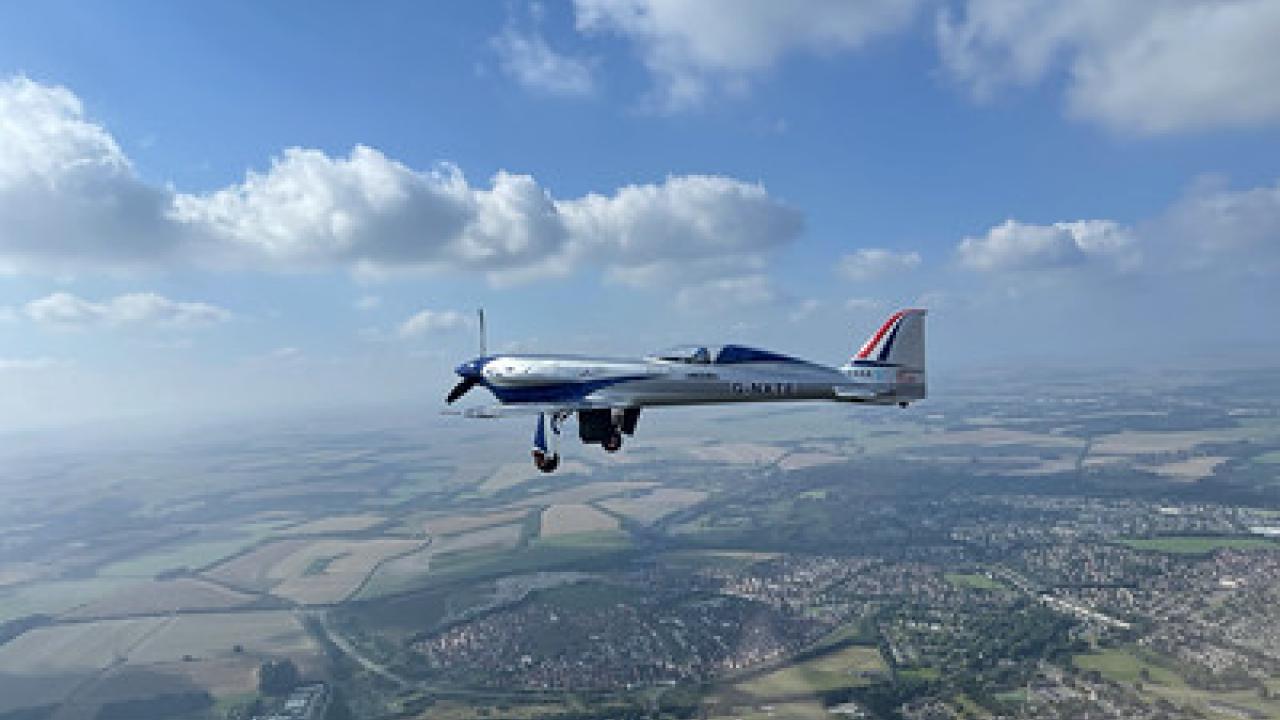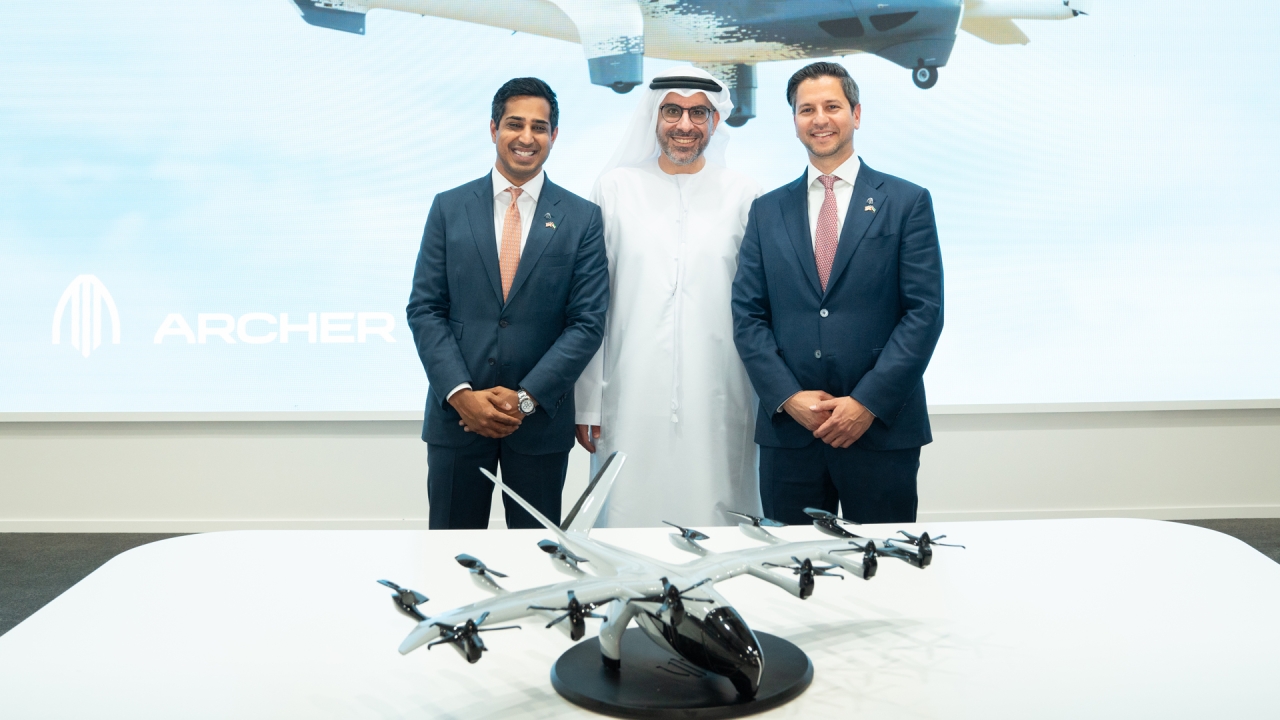Rolls-Royce’s all electric ‘Spirit of Innovation’ takes to the skies

Rolls-Royce’s all electric ‘Spirit of Innovation’ takes to the skies. Image: Rolls-Royce
Warren East, CEO, Rolls-Royce, said: “The first flight of the ‘Spirit of Innovation’ is a great achievement for the ACCEL team and Rolls-Royce. We are focused on producing the technology breakthroughs society needs to decarbonise transport across air, land and sea, and capture the economic opportunity of the transition to net zero. This is not only about breaking a world record; the advanced battery and propulsion technology developed for this programme has exciting applications for the Urban Air Mobility market and can help make ‘jet zero’ a reality.”
Business Secretary Kwasi Kwarteng said: “The first flight of Rolls-Royce’s revolutionary Spirit of Innovation aircraft signals a huge step forward in the global transition to cleaner forms of flight. This achievement, and the records we hope will follow, shows the UK remains right at the forefront of aerospace innovation.
“By backing projects like this one, the Government is helping to drive forward the boundary pushing technologies that will leverage investment and unlock the cleaner, greener aircraft required to end our contribution to climate change.”
The aircraft took off from the UK Ministry of Defence’s Boscombe Down site, which is managed by QinetiQ and flew for approximately 15 minutes. The site has a long heritage of experimental flights and the first flight marks the beginning of an intense flight-testing phase in which Rolls-Royce will be collecting valuable performance data on the aircraft’s electrical power and propulsion system. The ACCEL programme, short for ‘Accelerating the Electrification of Flight’ includes key partners YASA, the electric motor and controller manufacturer, and aviation start-up Electroflight. The ACCEL team have continued to innovate while adhering to the UK Government’s social distancing and other health guidelines.
Half of the project’s funding is provided by the Aerospace Technology Institute (ATI), in partnership with the Department for Business, Energy & Industrial Strategy and Innovate UK. In the run up to COP26, the ACCEL programme is further evidence of the UK’s position at the forefront of the zero-emission aircraft revolution.
“The first flight of the Spirit of Innovation demonstrates how innovative technology can provide solutions to some of the world’s biggest challenges,” said Gary Elliott, CEO, Aerospace Technology Institute. “The ATI is funding projects like ACCEL to help UK develop new capabilities and secure a lead in the technologies that will decarbonise aviation. We congratulate everyone who has worked on the ACCEL project to make the first flight a reality and look forward to the world speed record attempt which will capture the imagination of the public in the year that the UK hosts COP26.”
Stay up to date
Subscribe to the free Times Aerospace newsletter and receive the latest content every week. We'll never share your email address.

